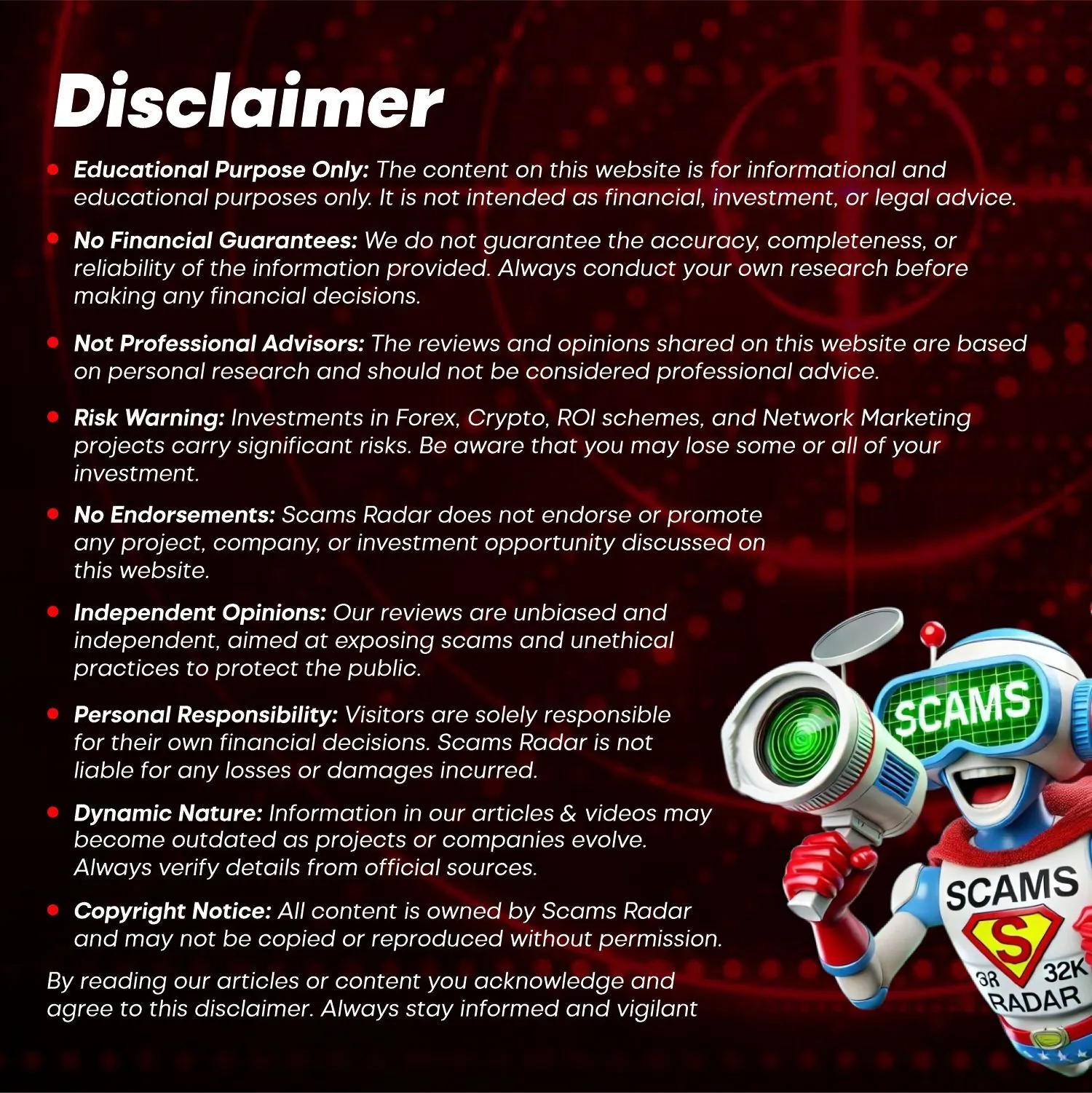Beyond Slim, a wellness company focused on weight loss supplements like ZipSlim, has transitioned from a traditional multi-level marketing (MLM) model to what it calls “Social Referral Marketing” (SRM), a change reportedly occurring toward the end of September 2025. The company, a reboot of Freelife founded by CEO Ray Faltinsky, emphasizes retail autoship and personal customer sales in its new single-level commission structure, with no official announcement but reassurance via a Facebook post on October 2, 2025, stating, “We’re not ‘going under.’ We’re going over the top.” SRM, trademarked by Beyond Slim, aims to differentiate from “questionable” MLMs by rewarding customer referrals without financial risk or forced purchases, focusing on part-time earners and eliminating downline dependencies. Products include metabolism boosters, energy supplements, and skin care, with weight loss as the core offering.
The new SRM plan ties commissions to personal retail sales via autoship, with a company-wide bonus pool qualified by individual volume. Unlike MLM’s multi-tier recruitment, SRM emphasizes social sharing for customer acquisition, offering higher commissions on initial orders and ongoing autoships, potentially 50% on preferred customer enrollments. This shift prioritizes “fitter, healthier, happier” missions over pyramid-like structures, with free affiliate enrollment and tools like shareable content and apps. Critics note similarities to MLM rebranding, but Beyond Slim claims SRM avoids FTC concerns by focusing on retail viability.

As of August 2025, Beyond Slim’s website receives ~2,000 monthly visits, all from the U.S., indicating limited global reach. The SRM model, launched amid industry scrutiny, has driven double-digit growth since 2022, with compounding rates over 50% monthly initially. However, retail viability of products like ZipSlim remains questioned, with bold claims on metabolism and weight loss. The shift may aim to mitigate MLM risks, but low traffic suggests challenges in scaling.

The SRM transition could benefit part-timers by simplifying earnings through referrals, but lacks transparency on long-term sustainability. Participants should verify retail focus and avoid recruitment-heavy tactics, as FTC scrutiny on MLMs persists. With U.S.-centric traffic, growth may be limited without broader marketing.
